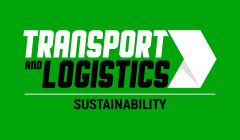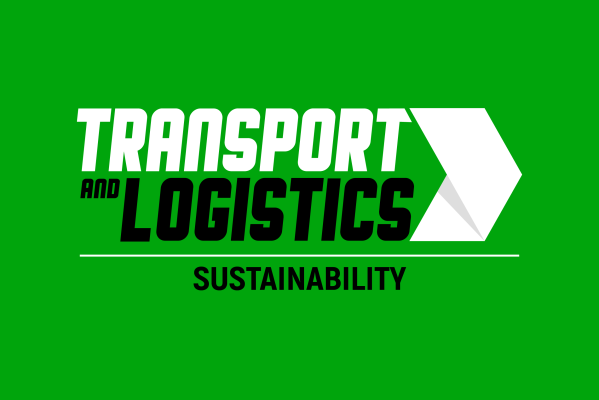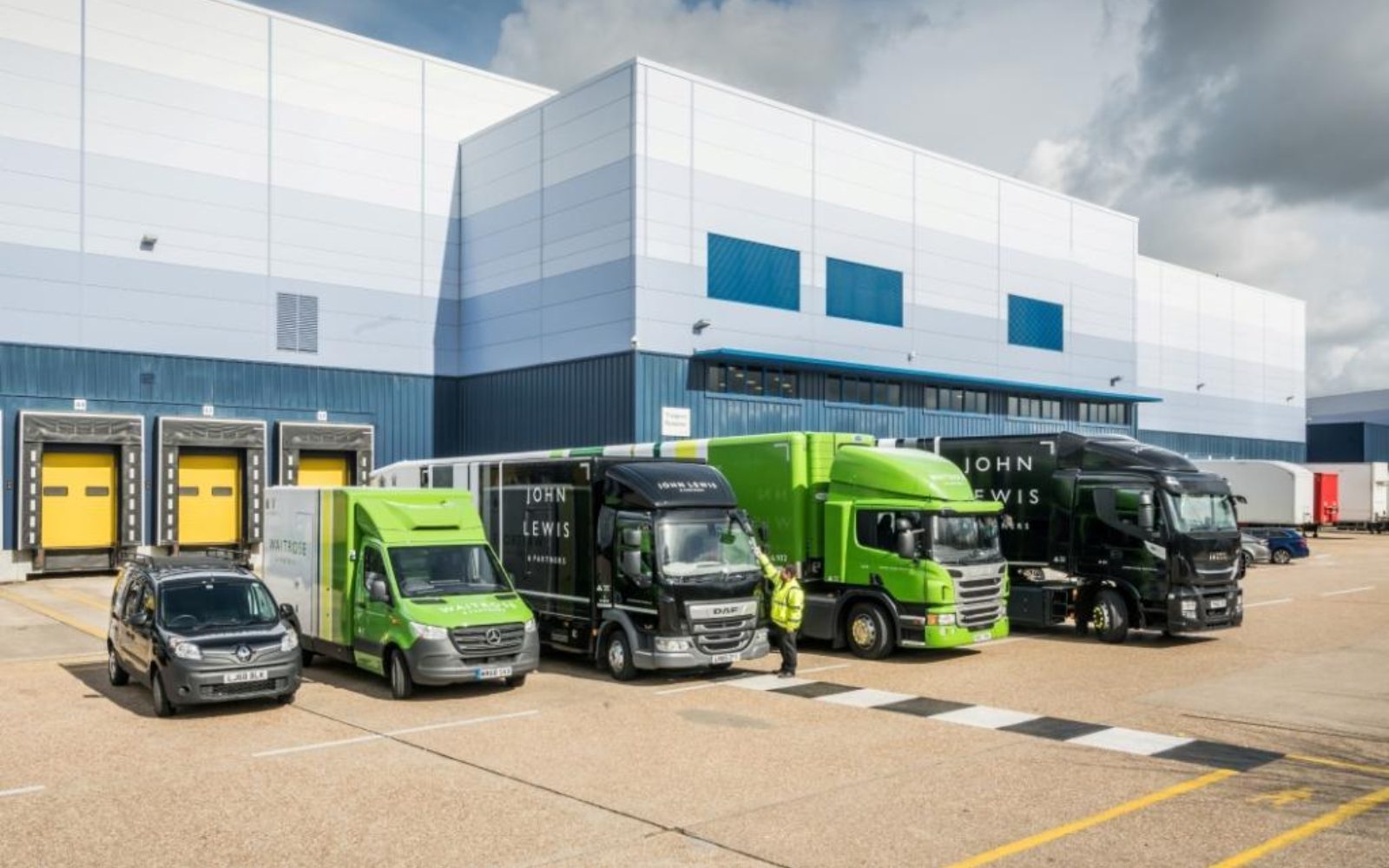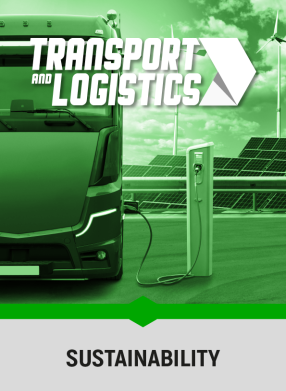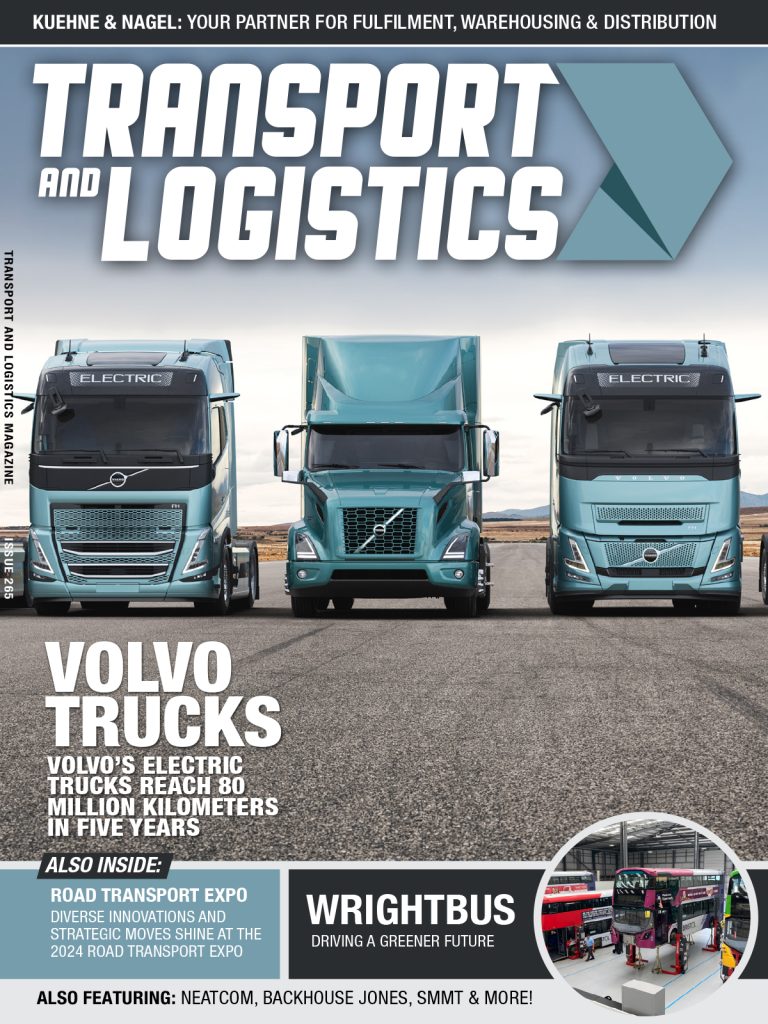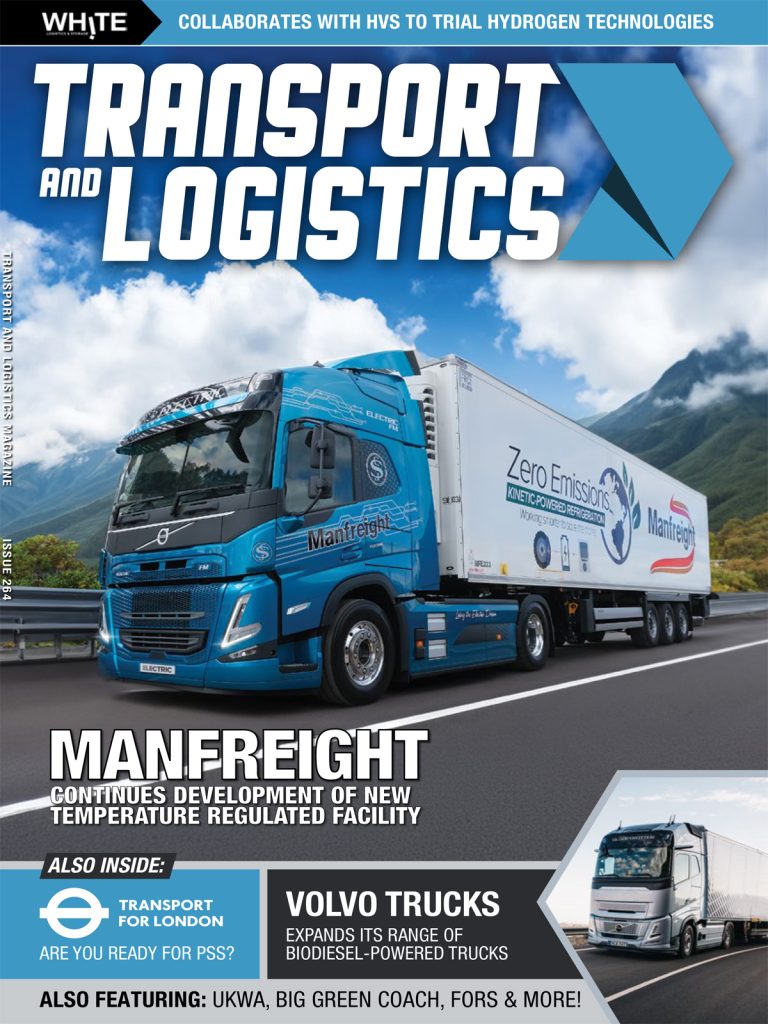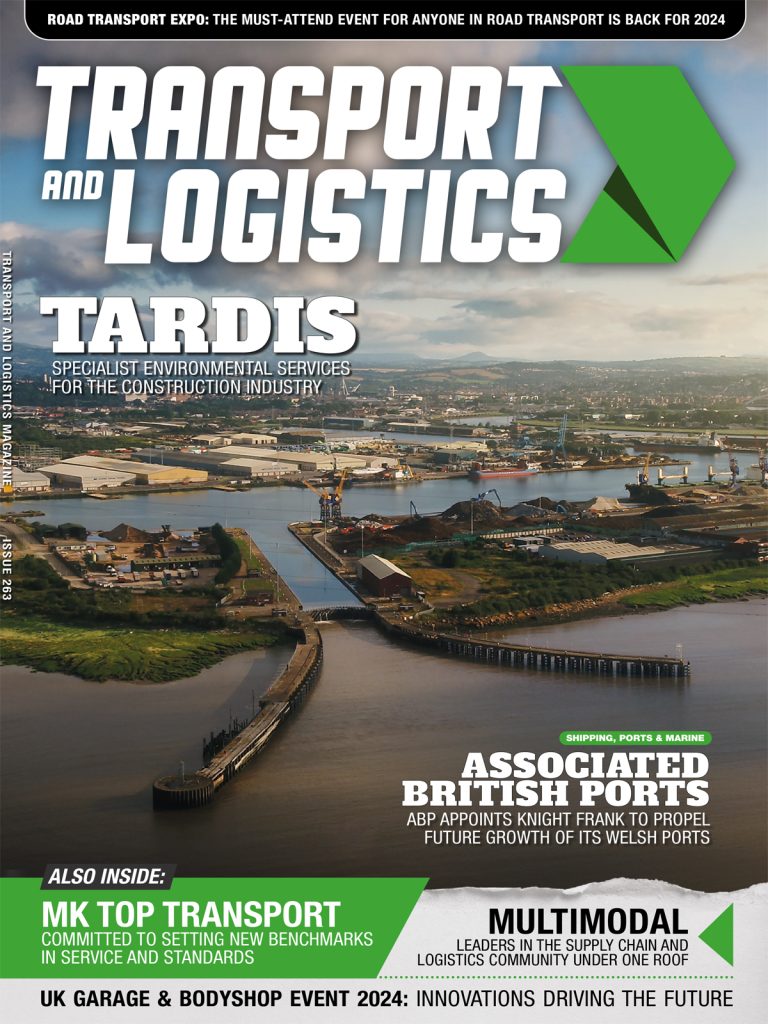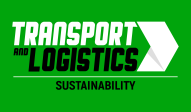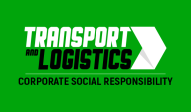By 2045, John Lewis Partnership aims to switch more than 3,200 vehicles to zero-emissions alternatives in order to create a zero carbon transport fleet. The news is part of the retailer’s strategy to reduce its operational greenhouse gas emissions to net zero by 2050 without the purchase of any offsets.
The announcement follows last year’s promise that the firm would be switching its heavy trucks to low carbon biomethane versions. As part of this commitment delivery trucks, trailer and vans from both John Lewis & Partners and Waitrose & Partners brands will make the zero emission switch.
Once the UK’s EV infrastructure improves, heavy trucks and the company’s smaller vehicles are to be switched to electric vehicles. Some John Lewis vans are already electric, while four smart electric home delivery vans are being trialled in partnership with tech firm Arrival.
Justin Laney, partner and general manager for central transport at John Lewis Partnership, said the target was a result of years of hard work. “Transport is a significant part of our overall carbon footprint so we need to take urgent action to decarbonise our fleet. It’s a huge challenge and viable technology and infrastructure still needs to be developed for heavy trucks, but we are committed to leading the way on the road to zero emissions.”
The pledge was welcomed by transport minister Jesse Norman, who recently launched the government’s new urban transport strategy with a key focus on decarbonising the last mile economy. “Delivering all of their goods to homes across Britain using a zero carbon fleet by 2045 is a great ambition, especially since they have thousands of vehicles. I look forward to seeing further businesses following their example, and making zero emission transport a reality,” Norman said.
